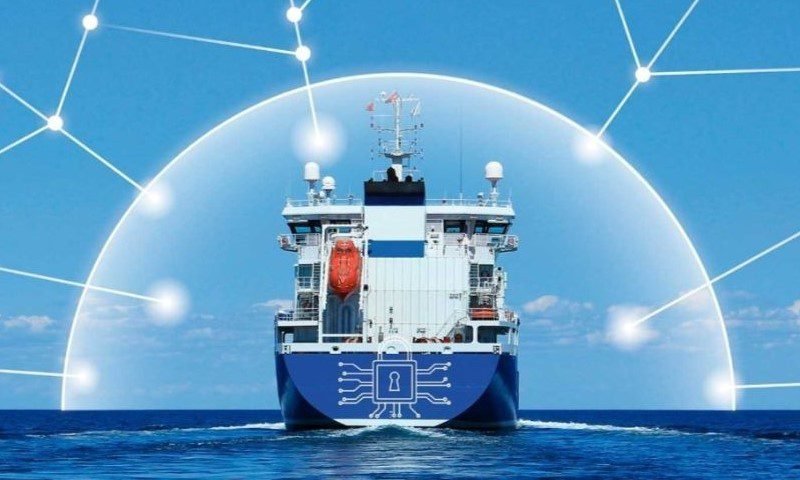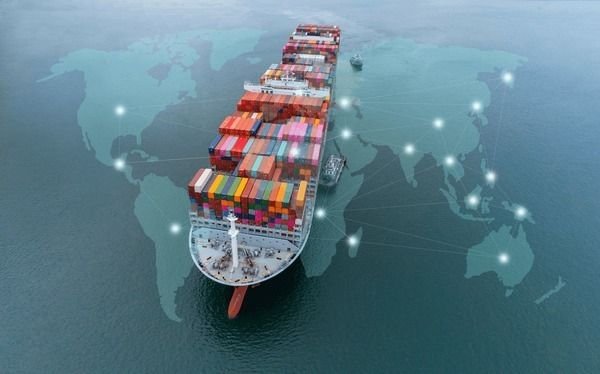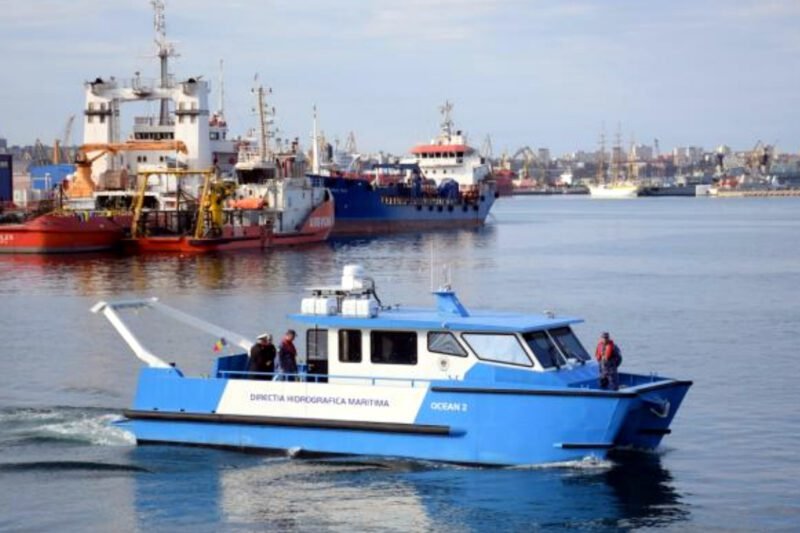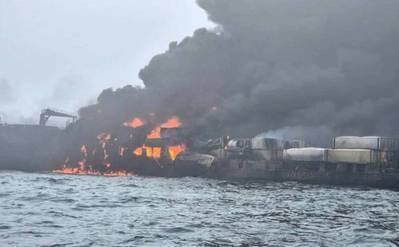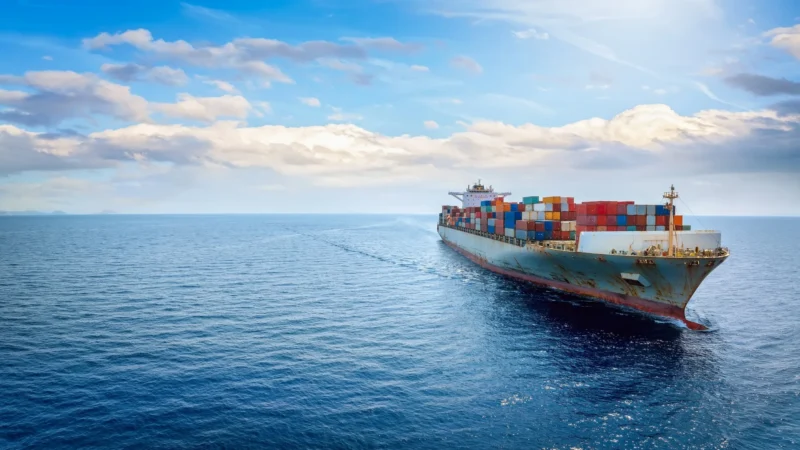An increasing number of maritime suppliers are being identified as having significant cyber vulnerabilities, as shipowners enhance their supply-chain due diligence and seek verified environmental, social, and governance (ESG) credentials alongside data security measures. Recent research from Achilles Network indicates that over 28% of maritime parts and service suppliers evaluated in the past year were classified as having high or very high cyber risk. This data comes from a comprehensive review of more than 1,000 global suppliers, focusing on their performance in environmental, social, governance, and cyber domains.
The findings align with the introduction of Achilles’ verified ESG and cyber indicators within Procureship’s e-procurement platform, which enables buyers to access third-party-verified supplier information during procurement. According to Procureship, based in Athens, this integration helps shipowners and managers pinpoint supplier weaknesses earlier and directly benchmark ESG and compliance standards within their purchasing processes.
Grigoris Lamprou, CEO of Procureship, emphasized the importance of understanding suppliers’ ESG capabilities to protect the daily operations of global shipowners and enhance their own ESG strategies. The review also revealed that over half of the assessed suppliers lack essential third-party assurances for anti-bribery systems, public liability insurance, or information-security policies. Furthermore, about 25% do not measure their greenhouse gas emissions, while more than half depend on uncertified carbon systems.
Despite these shortcomings, nearly half of the surveyed suppliers have implemented certified environmental management systems, and around 13% have established decarbonization plans. Achilles CEO Craig Rodgerson noted that these findings reflect a shift among shipowners from reactive to predictive risk management, as they increasingly leverage data-driven insights to strengthen supplier relationships and mitigate environmental and cyber risks. This trend underscores the growing significance of cyber and ESG due diligence in shaping shipowners’ procurement strategies amidst evolving regulatory pressures and the ongoing digital transformation of the industry.
Share it now


